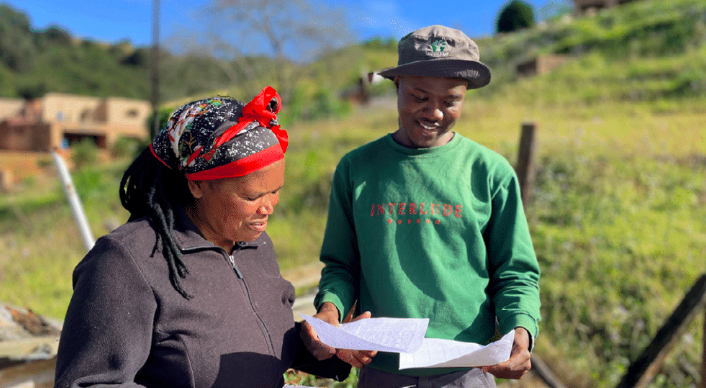
The Zimbabwean economy was run into the ground during the corrupt rule of Robert Mugabe. The country, once known as the breadbasket of Africa, faced widespread unemployment and hunger. Hopes were high that Emmerson Mnangagwa, his successor when Mugabe was ousted in 2017, would bring in greater justice. Sadly, the ruling party (ZANU-PF) contains too many people keen to hold onto their privileges, and any opposition has been met with brutal suppression. ZANU-PF won a rigged election in 2023, condemning the country to another five years of tyranny, mismanagement, power cuts, hospitals without medicines, and schools without teachers. The unemployment rate is estimated as 85–90%.
People try to scratch a living as traders or by farming small areas but can't afford school fees, clothes, oil, soap, etc. Neither education nor healthcare are free. A severe drought in 2024 added to the pressures. Life for ordinary people is very hard; we in the UK can scarcely imagine the degree of need and despair.
In 2011 Thembisa started funding the Chishawasha Orphans’ Project. Orphans from the Chishawasha area met regularly on Maggie Norton’s property for a meal, food supplies to take home, life lessons and Christian teaching (this was known as the Perekedza Kids’ Club). Later the meetings moved to a rural area much closer to where the children live (some had been walking for up to 2 hours to get home with their food parcels). Mik Norton helped them to establish their own vegetable garden, which became a very successful source of food.
The Kids’ Club continues to meet regularly under the supervision of Nats Detering. In addition to the regular programme of food provision and life education, Nats recruits volunteers and donors to provide essential items such as shoes, and treats for special occasions like Christmas
Maggie Norton now uses the grants from Thembisa to support needy individuals in the Chishawasha area. She is confronted with a never-ending stream of desperate people and needs great wisdom to ensure that the funds are used where most needed, primarily to pay for hospital costs, school fees, transport to hospital, and food packs.
Examples include payment of:
Interventions such as these provide hope and make a massive difference in people’s lives.





